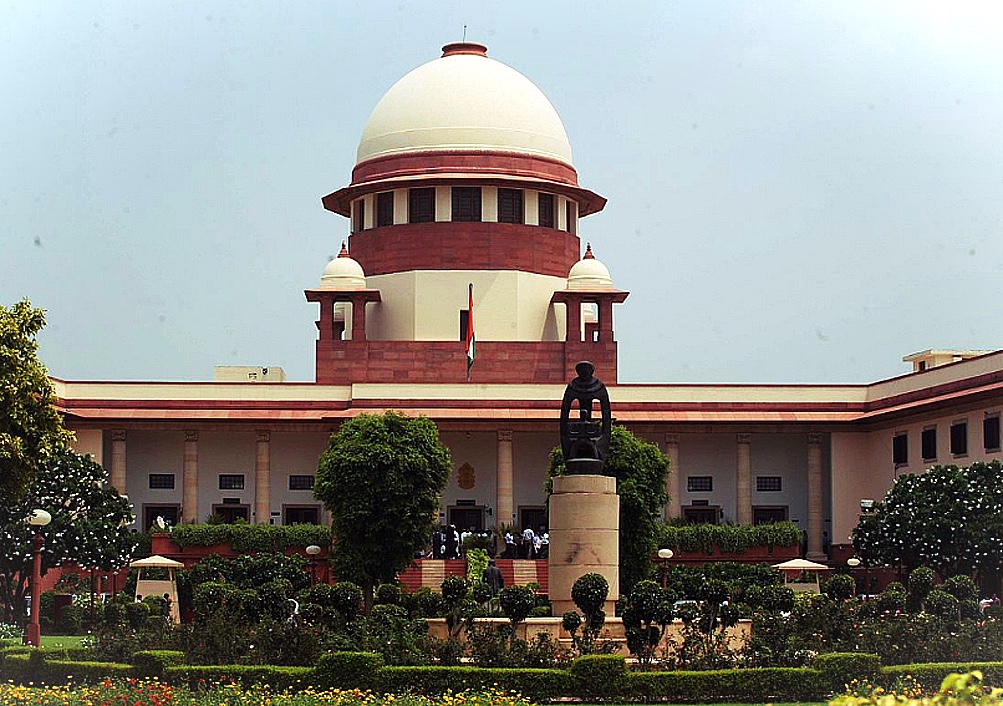A child has to learn his mother tongue to gain a foundation, says Supreme Court

New Delhi, October 6: A child has to learn his mother tongue to gain a foundation, the Supreme Court accosted Jagan Mohan Reddy-led Andhra government’s logic that children, without learning English, get ‘isolated’.
“For foundation, it is very important that a child learns his mother tongue,” Chief Justice Sharad A. Bobde addressed senior advocate K.V. Vishwanathan, for the State government, The Hindu reported.
The Andhra Pradesh government has approached the Supreme Court challenging its State High Court decision to strike down a government order of November 2019 which made English medium education compulsory from classes I to VI in primary, upper primary and high schools under all managements from 2020-21. It was to be gradually extended to each further class from the consequent academic years.
Mr. Vishwanathan vehemently argued that English as the medium of learning has not been imposed on children. The choice of their parents would prevail. The government order is a “progressive measure”.
He said Dalits, the oppressed, find the State’s move as progressive measure. Vernacular medium of education has its limits. “They have been kept in islands, isolated. The fees [in private English medium schools] are exorbitant,” Mr. Vishwanathan argued.
The senior advocate said even the medium of language in the Supreme Court is English. The State cannot be restrained from taking progressive measures. There is no question of striking down the government order.
But Chief Justice Bobde said there are “huge divergent issues” on the subject which needs to be extensively addressed and decided to hear it next week.
The Union Ministry of Education has already informed the Supreme Court that it is fully backing a push for “mother tongue” as medium of instruction in schools. The use of “home language” for learning will bridge the gap between the intelligentsia and the masses.
It said an order was issued on September 10 to academic authorities, including CBSE, NCERT and NCTE, to initiate the implementation of the National Education Policy (NEP), which was approved by the Union Cabinet in July 2020, to promote ‘multilingualism’ and use of “home language” as a mode of instruction.
The Centre’s affidavit had come in response to the Supreme Court’s inclination to examine whether imposing English on a multitude of school children, whose language of instruction was their mother tongue, would amount to depriving them of an effective education guaranteed to them under Article 21A (fundamental right to education) of the Constitution.
The National Education Policy 2020 urges for high-quality textbooks in mother tongue and for teachers to adopt a bilingual approach. The National Curriculum Framework of 2005 and Section 29 of the Right to Education Act of 2009 required the medium of instruction hall, as far as practicable, to be in child’s mother tongue.
Sign up for our weekly newsletter to stay up to date on our product, events featured blog, special offer and all of the exciting things that take place here at Legitquest.




Add a Comment